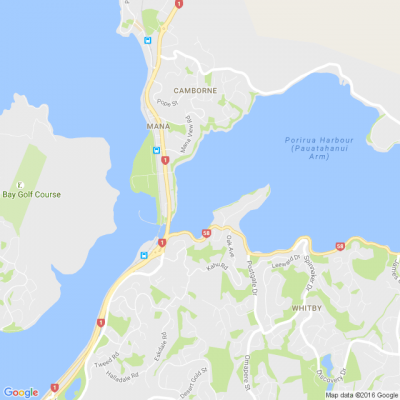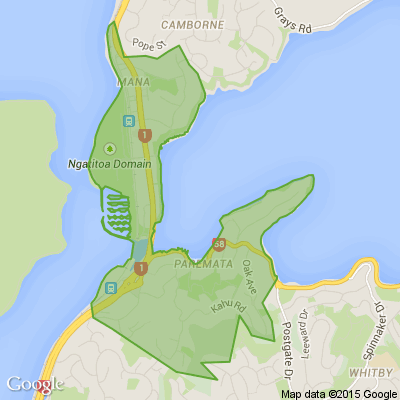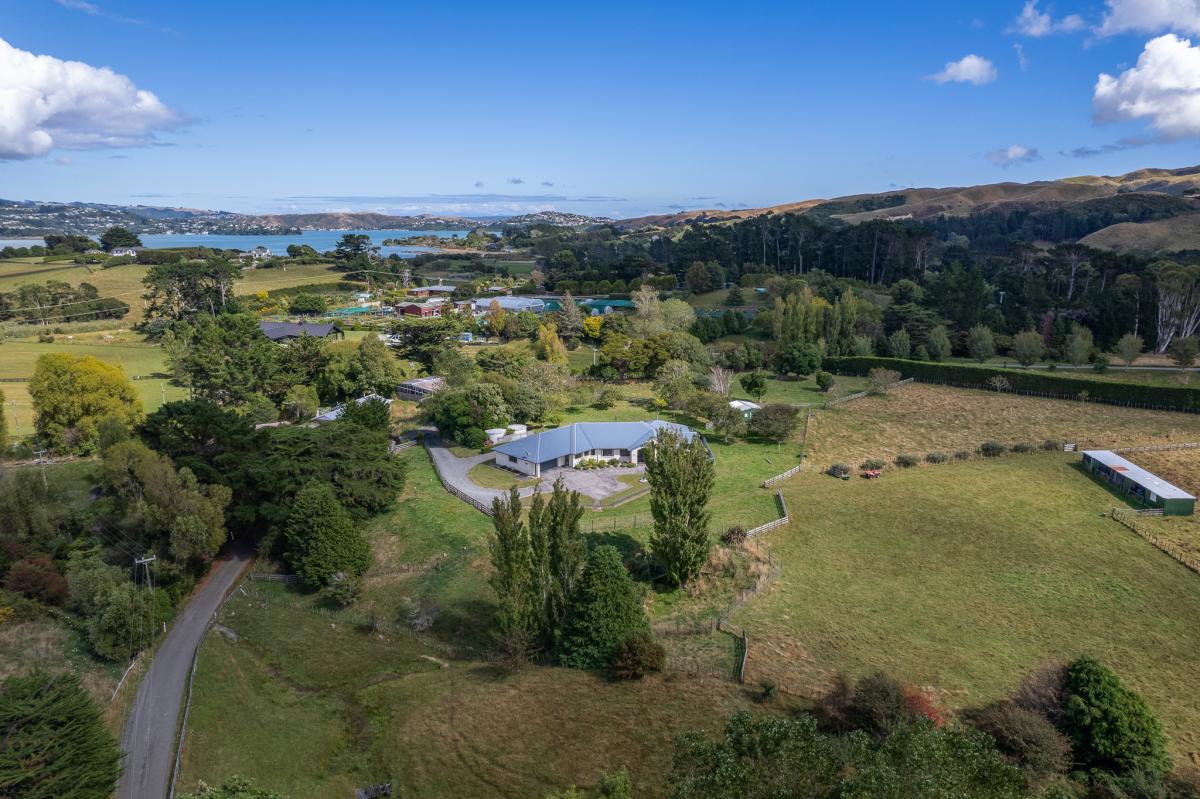Nigel Clarke, senior advisor to the Porirua City Council
This week’s speaker was Nigel Clarke, senior advisor to the Porirua City Council on harbour and catchment.
Porirua is defined by its spectacular two-armed harbour, but keeping it healthy has become a serious challenge. It is surrounded by roading and housing, and there are fifteen catchments feeding into it, some of them rising in neighbouring jurisdictions.
Long ago, and before the 1855 earthquake, ships could sail into the Pauatahanui arm to discharge at Ration Point. The harbour is shallow now, averaging one metre in depth, and vulnerable to silting.
The health of the harbour has been in decline for some time, with a 50% loss of birds and 80% of seagrass from the 1978 benchmark. Pollutants such as heavy metals, chemicals and plastics flow into the waterways when wastewater overflows occur.
Reversing these problems will take a long time- perhaps 40 years.
Nigel talked us through the bureaucratic maze which he has to navigate: reports, committees, monitoring and collaboration with numerous other agencies, leading to strategies and action plans.
In the end, the tools available to the Council are limited. Engineering works are in hand to contain wastewater, trees can be planted and by-laws tightened up. Major developments like Transmission Gully, and the work of building contractors can be monitored. But the underlying issue is that much pollution is caused by the actions of thousands of householders around the city, and their lifestyles are not easily changed.
Nigel stressed the importance of education and awareness, and community action such as the protection of Taupo Swamp, in which the club is involved already.
Editor's note: Nigel has been kind enough to share his presentation for those who would like to go through it again more slowly.

🧩 Can You Put the Pieces Together? Give It a Go! 🕶️
Give this puzzle a whirl, can you figure it out?
Do you think you know the answer? Simply 'Like' this post if you know the answer and the big reveal will be posted in the comments at 2pm on the day!
Want to stop seeing these in your newsfeed?
Head here and hover on the Following button on the top right of the page (and it will show Unfollow) and then click it. If it is giving you the option to Follow, then you've successfully unfollowed the Riddles page.

Get painting this winter with Resene Wintergrade Additive.
Don’t wait until summer to get painting. Simply add Resene Wintergrade Additive to selected waterborne Resene paints to waterborne Resene paints to winterise them to help you keep decorating through winter.
Winterised paints can dry down to a super cool 3’C!
Available from Resene ColorShops.

Poll: Has your Kiwisaver taken a dip?
With the US tariffs ramping up and the stock market taking a hit, many are noticing a change in their Kiwisaver amounts.
If you've had a peek at your Kiwisaver balance since, have you seen it decrease?

-
85.4% Yes, it's decreased
-
11.5% Nope
-
3.1% Other - I'll share below








 Loading…
Loading…









